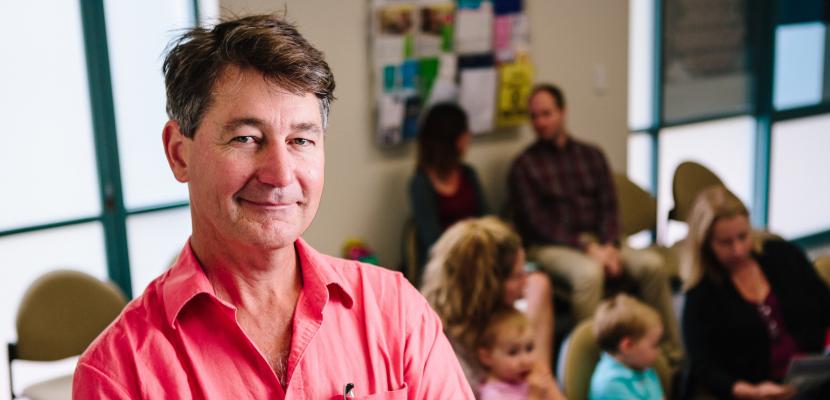
Reversing the harms of overdiagnosis — “too much medicine” — is becoming a health care priority in Australia, prompting the formation of a new alliance of clinical, consumer, research and public organisations to tackle the problem, according to the authors of a Perspective published by the Medical Journal of Australia*.
Dr Ray Moynihan, a senior research fellow at the Centre for Research in Evidence-Based Practice at Bond University on the Gold Coast, and colleagues, wrote that too many Australians were “receiving diagnoses unlikely to benefit them”.
“In 2016, for example, researchers estimated that over 500 000 people may have been overdiagnosed with thyroid cancer across 12 nations over two decades,” Moynihan and colleagues wrote.
“An ongoing series of articles has raised concerns about overdiagnosis across a wide range of conditions, including pulmonary embolism, attention deficit/hyperactivity disorder and pre-diabetes.
“There is increasing recognition of the need for some form of coordinated national response to develop evidence-informed strategies that can fairly and safely deal with the problem of overdiagnosis.
“As a result, new relationships are being built between clinicians, researchers, stakeholders and decision makers around this counterintuitive health challenge, and a national response is emerging.”
That alliance is the Wiser Healthcare research collaboration on overdiagnosis.
Moynihan and colleagues listed possible drivers of overdiagnosis, including cultural beliefs that more tests and treatments are better, financial incentives at the health system level, technological change enabling identification of smaller and more minor abnormalities, professional fear of missing disease and cognitive biases in decision making, and public expectations that clinicians will “do something”.
Possible solutions include evidence-based public awareness campaigns, reformed system incentives to reward quality rather than quantity, better management of the problem of expanding disease definitions, better evaluation of the accuracy and utility of diagnostic tests, more professional education about overdiagnosis, and greater promotion of shared decision making.
“While concerns about iatrogenic harm [(ie, harm caused by medical treatment)] date back at least to Hippocrates, the evidence base around overdiagnosis and related overuse is relatively recent and the efforts to respond to the problem are nascent,” Moynihan and colleagues concluded.
“At this time, the implications of this evidence for clinicians, consumers and the health system remain unclear. However, with public funding for research initiatives, Australian researchers are at the forefront globally in attempts to understand the nature and extent of overdiagnosis and how to effectively deal with it.
“The emerging alliance of clinical, consumer, public and civil society organisations that are seeking to respond to this problem and develop a world-first national plan is as encouraging as it is timely.”
Co-Authors of this paper are: Ray Moynihan, Centre for Research in Evidence-Based Practice, Bond University; Alexandra L Barratt, University of Sydney; Rachelle Buchbinder, Cabrini Institute, Melbourne and Monash University, Melbourne; Stacy M Carter, University of Wollongong; Thomas Dakin, University of Sydney; Jan Donovan, Consumers Health Forum of Australia, Canberra; Adam G Elshaug, Menzies Centre for Health Policy, University of Sydney; Paul P Glasziou, Centre for Research in Evidence-Based Practice, Bond University; Christopher G Maher, George Institute for Global Health, University of Sydney; Kirsten J McCaffery, University of Sydney; Ian A Scott, Princess Alexandra Hospital, Brisbane and University of Queensland.
The published article in full can be found on the MJA website.
* The Medical Journal of Australia is a publication of the Australian Medical Association